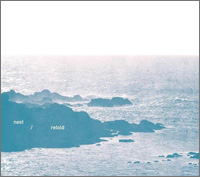
(February 2010) Precious little new Deaf Center material surfaced since Pale Ravine was released back in 2005, and what did lurked in dank and sinister shadows. With Erik Skodvin continuing to spiral into ever deeper circles of hell with his increasingly abstract dark-ambient Svarte Greiner solo project, what became of Deaf Center’s other half?
It was genuinely refreshing to stumble across a netlabel like Serein that took such pride in its digital releases, and that went out of its way to produce excellent quality supplemental artwork that allowed individuals to create their own packaging. There’s really no substitute for a physical copy of an EP or an album and it seemed that Serein understood this.
Fast forward two years and Huw Roberts has reforged Serein into a fully commercial label intent on putting out high quality physical releases, and the first of these certainly delivers on that promise. Enter Nest, the collaborative project of Serein label-owner Huw Roberts and that self-same other half, Otto A. Totland.
The eponymous EP by Nest was released by Serein in 2007 and was not only the great statement piece for the label but also a hugely successful digital release in it’s own right. Now, a gorgeous matt-laminated six-panel digipak lovingly wraps those six original tracks (though “Cad Goddeu” appears in a revised form) up with five newly recorded tracks to form Retold, and the result is a true benchmark in the field of ambient and modern classical composition.
The reasons are manifold: it feels effortlessly natural and free from pretension; the composition is meticulously measured, emotionally charged yet never manipulative or sentimental; the atmospheres and ambience are subtle but utterly transporting; the pacing, arrangement and structure are pitch perfect. And Retold achieves all this with an elegant restraint that borders on the minimalist whilst simultaneously creating a deeply nuanced, layered and richly cinematic experience.
Links to the influential Deaf Center sound are still most prominent in “Lodge” and “Kyoto” (echoing Pale Ravine and Neon City respectively), the former led by repeated, chiming piano phrases and rustling effects, the latter a painting a watercolour picture of a redolent, morning dew covered Japanese landscape as metronomic piano keys lend further structure to plucked harps and dusty percussion. “Marefjellet” established a tense and almost surreal atmosphere as a maudlin piano waltz is haunted by suspenseful undercurrents of vibrato strings, while “Charlotte” occupies more romantic territory with lush and bright piano keys, warm, hazy pads and eastern bell chimes.
A direct comparison of the two versions of “Cad Goddeu” provides a perfect example of the application of Nest’s precision and reductive attention to detail. The heavy processing of the originals quavering strings has been pared back, the dramatic, windswept atmospherics reigned in considerably. The result is altogether more subtle but no less powerful. And as proof that the structure and pacing of the original EP was also quite deliberate, the five new tracks that Retold adds all appear in a quite deliberately narrative sequence after the original EP’s final track, “Trans-Siberian.” Quite wonderful, really since, as more of a collection of field recordings than a drifting, layered ambient piece, it didn’t work particularly well as a closing track in the first place.
So is there a jarring difference between the original and new compositions? You’d be forgiven for expecting that there would be given that these were recorded some two to three years later. Happily, though the new material may be more brooding and multi-layered, it integrates seamlessly with the originals, building even further on their drifting quality, interwoven quality.
The possible exception is “Wheatstone,” which at first exhibited warring traits of sentimentality in its rather folky Goldmund-esque piano melodies. This cosy, homespun warmth is slightly at odds with the rest of the material, and it consequently draws a little too much attention to itself. “The Helwick,” on the other hand, is a perfect example of how evocative such a minimalist approach can be, as both deeply affecting mood and melody are borne out of the carefully timed layering of many simple but meticulously produced acoustic and electronic elements.
“Far From Land” beams a surprising ray of pure magical energy into the proceedings, as pulsing drones and long, sweeping strings build to a staggeringly rich choral middle-section before melting away into coruscating piano phrases, and there appears to be an ever increasing density to the new tracks that culminates with the sensual, creamy abstract textures of “Amroth.”
Any album that contains a track as strong and as moving as “The Twelve” deserves every plaudit it receives. It is the distilled essence of cinema and Retold‘s moment of post-tragic reflection. It is also one of its stillest moments: the underpinning monotone of a bass string drone; the irregular and mysteriously muffled peal of a lone bass horn or the swell of a subterranean chime; a lone violin that repeats a single, sustained note while another provides harmony and counterpoint; the delicate piano phrases that describe opulent, austere surroundings that provide the dreamlike backdrop to soul-searching introspection. This could be the backbone of a thousand different cinematic moments and is as moving as it is achingly beautiful.
It is difficult to imagine how Serein could have been more magnificently reborn than with the release of Retold and I hope it is the beginning of a radiant future for the label. The bar has just been raised ladies and gentlemen.
Retold is out now on Serein. (Listen & Purchase)






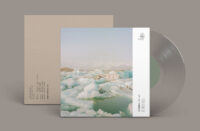
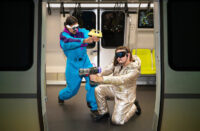
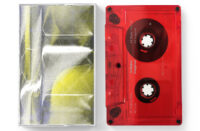

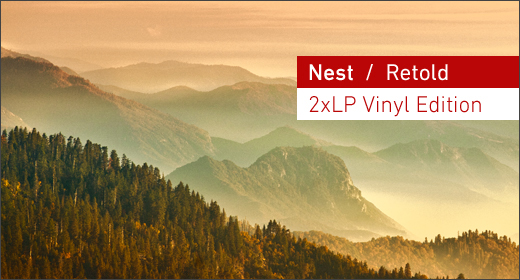

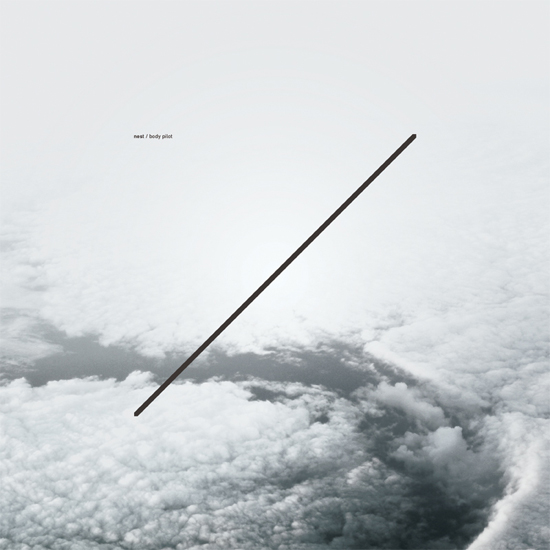
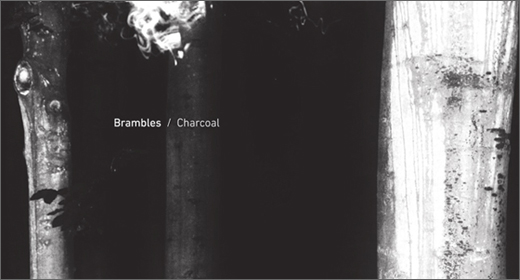
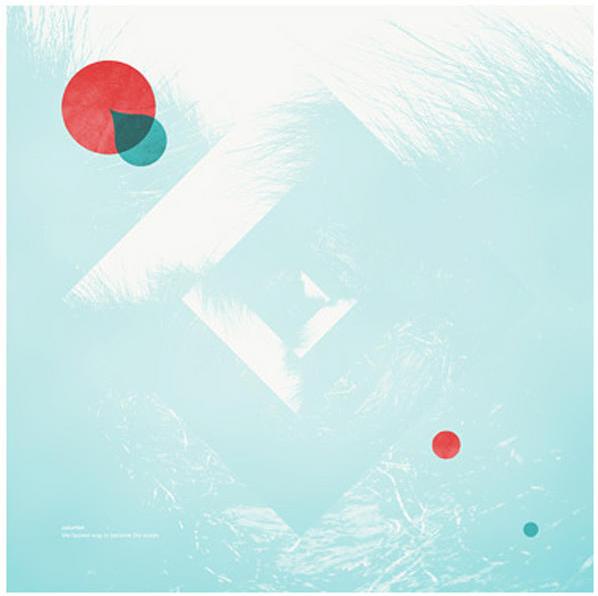
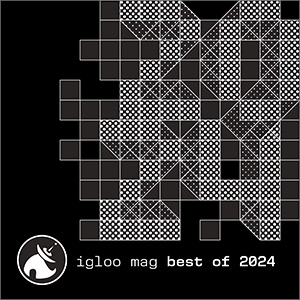

![Extrawelt :: AE-13 (Adepta Editions) — [concise]](https://igloomag.com/wp/wp-content/uploads/2025/04/extrawelt-ae-13_v_feat-75x75.jpg)
![Beyond the Black Hole :: Protonic Flux EP (Nebleena) — [concise]](https://igloomag.com/wp/wp-content/uploads/2025/04/beyond-the-black-hole-protonic-flux_feat-75x75.jpg)
![H. Ruine, Mikhail Kireev :: Imagined / Awakenings (Mestnost) — [concise]](https://igloomag.com/wp/wp-content/uploads/2025/04/h-ruine-mikhail-kireev-imagined-awakenings_feat2-75x75.jpg)


![Squaric :: 808 [Remixes] (Diffuse Reality) — [concise]](https://igloomag.com/wp/wp-content/uploads/2025/04/squaric-808-remixes_feat-75x75.jpg)

